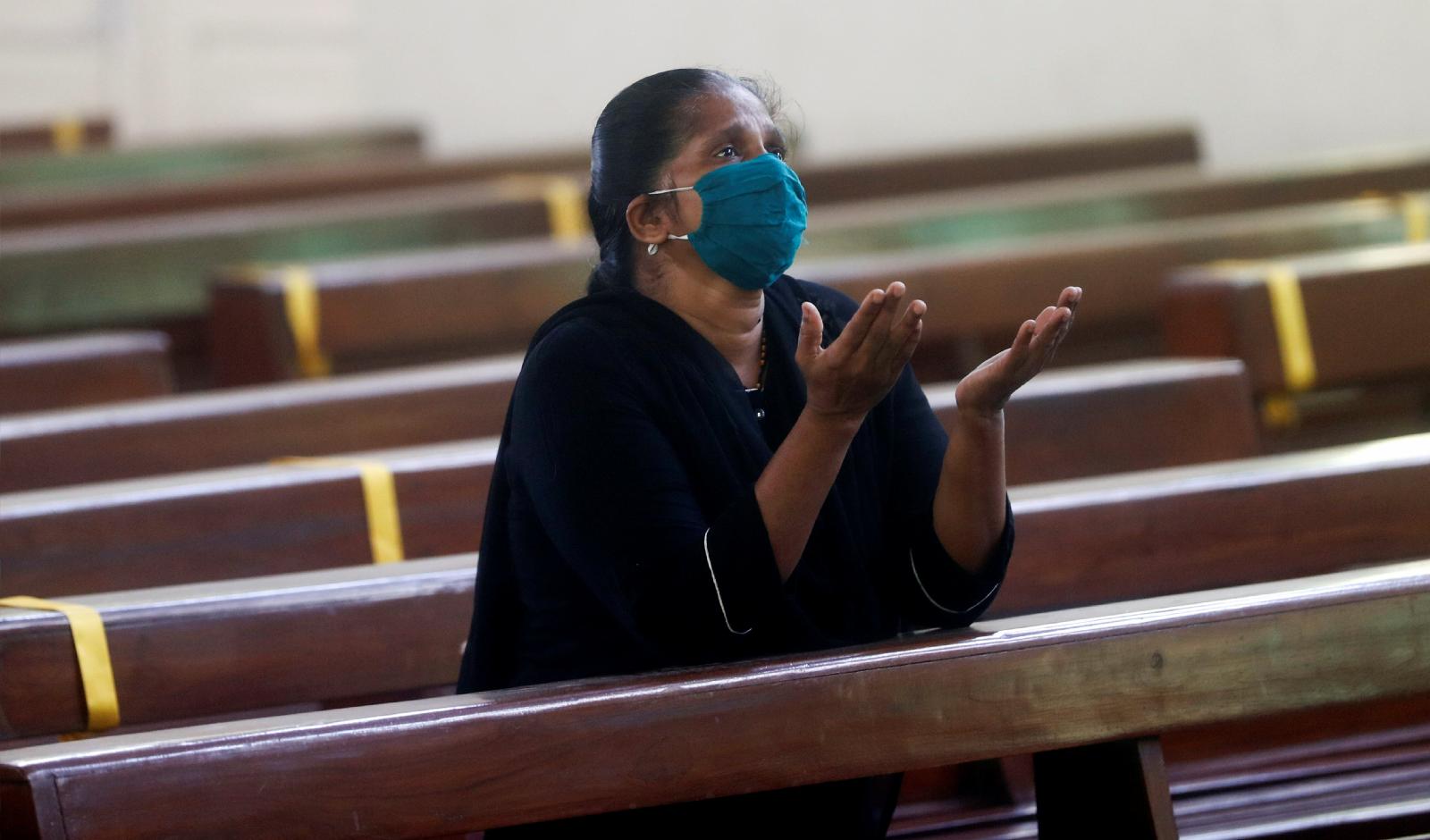A call for “sisters in India to wake up and take responsibility for their collective future” has been made by two Indian religious sisters in a study commissioned by the Women Section of the Conference of Religious of India. In their book, It’s High Time, Women Religious speak up on Gender Justice in the Indian Church, published last week, Sisters Hazel D’Lima, of the Daughters of the Heart of Mary, and Noella de Souza, of the Missionaries of Christ Jesus, spotlighted widespread exploitation of Catholic women religious in India’s Church.
The study was prompted by media reports on the issue in recent years, including one in L’Osservatore Romano in 2018, and also by calls to research working relations between women religious and India’s hierarchy.
Sr Noella told religious news platform Matters India last week that “women religious are definitely considered less equal than other lay women in the Indian Church”. She said: “The patriarchal and hierarchical system that keeps women in a low second place” regretting that “many women’s congregations often times comply submissively to what the bishops desire”.
She felt seminarians see sisters “as menial labour and get used to ordering them around” and parish priests “see women religious there only to carry out their orders”.
Issues highlighted in the study include low wages for work in ecclesiastical institutions, harassment of sisters in their pastoral engagements, and ignoring professional and personal competence.
Sr Noella felt that “more stunning” is humiliation of sisters by negative criticism from clergy in the pulpit, and also the refusal to administer sacraments or celebrate Mass as a way of manifesting negative reactions to sisters. She called this an abuse of “sacerdotal power”.
The Church must “respect, recognise, and acknowledge the professional prowess of women religious, and they must be paid just wages and receive their share of social recognition and rightful place in the Church” said Sr Noella. She advised that “the vow of obedience should not be abused by clergymen to suit their gains with the complicity of the nuns’ superiors”.
In her view, sisters wished to be engaged not so much as working for the hierarchy and clergy, but “working with them for a higher purpose and mission”. She felt the verbal abuse of sisters has to stop and “we should work in collaboration with, and dialogue to be partners in our common mission”.
Specific suggestions were made about the need in formation to learn “about their dignity as women and their inherent right to an equal treatment with men” and that seminarians study gender equality.
Regarding recent scandals of bishops and priests sexually exploiting nuns, the Conference of Religious of India Women’s Section envisages a role for competent sisters on enquiry teams and in counselling. Sr Noella said: “Unfortunately the Church is silent on the whole matter and at every level the Justice and Fairness that we preach from our pulpits seem forgotten in each and every case that comes out into the open.”
She said: “It is the women, along with sisters, who fight for the integrity and justice of the gospels.”
Sr Noella acknowledged the failure of women religious themselves to confront unjust situations and to claim their rightful place in decision-making bodies, calling it “the sin of passivity”.
She felt that if problems are addressed, this will “clear the way for greater personal fulfilment of women religious and together with the clergy and hierarchy to be a witness to God’s active presence in our collective mission”.
Mumbai-based theologian and writer Virginia Saldanha, who worked in various positions in the Church heading women’s ministry, and who helped draw up the questionnaire for the sisters, told The Tablet: “What is said there is fact; the culture in the Church is created to oppress and exploit women and religious congregations are under the full control of the hierarchy. This has to change.”
She recalled that as executive secretary of the Commission for Women in the Catholic Bishops’ Conference of India from 1998 to 2004, she encountered many religious women reporting being mistreated by bishops. One sister told her that they had to follow the bishop’s orders or face being expelled from the diocese.
“This is absolute exploitation and abuse of women’s vocations, who join the convent to serve people. Sexual abuse of sisters is another area that has still not been fully brought out into the open.”



 Loading ...
Loading ...